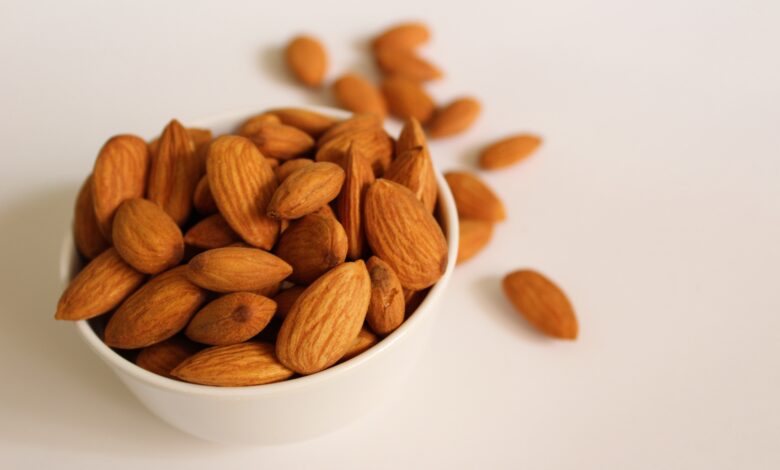wellhealthorganic.com:vitamin-e-health-benefits-and-nutritional-sources

Looking to boost your health and wellness? Look no further than vitamin E! This essential nutrient is packed with potent antioxidants, protecting your body from harmful free radicals and helping you feel your best. From promoting healthy skin and hair to supporting a strong immune system, the benefits of vitamin E are too good to ignore. Ready to learn more about this amazing nutrient? Check out our comprehensive guide on the health benefits and nutritional sources of vitamin E at WellHealthOrganic.com!
Vitamin E: What is it and what are its benefits?
Vitamin E is a nutrient found in many foods. It is also available as a dietary supplement and as an ingredient in some skin care products.
Vitamin E is important for many processes in the body. These include maintaining the health of cell membranes and keeping the skin and eyes healthy.
Vitamin E may also help to protect the body from some of the harmful effects of free radicals. Free radicals are chemicals that can damage cells and lead to conditions such as cancer.
Some research suggests that vitamin E may help to reduce the risk of certain cancers, heart disease, and Alzheimer’s disease. However, more research is needed to confirm these potential health benefits.
Vitamin E is found in a variety of foods, including vegetable oils, nuts, seeds, and green leafy vegetables. Vitamin E supplements are also available for people who do not get enough of this nutrient from their diet.
Health benefits of vitamin E
Vitamin E is a nutrient found in food that is necessary for human health. The body needs vitamin E to maintain cell membranes and keep them healthy. It is also an antioxidant, meaning it helps protect cells from damage.
There are many health benefits associated with vitamin E, including a reduced risk of certain cancers, heart disease, and stroke. Vitamin E has also been shown to improve cognitive function and help prevent Alzheimer’s disease.
Getting enough vitamin E is important for everyone, but it is especially important for people who do not get enough sun exposure, as they are at a higher risk for deficiency. The best way to get enough vitamin E is through diet, as it is found in many common foods such as vegetable oils, nuts, seeds, and leafy green vegetables.
Nutritional sources of vitamin E
There are many foods that are rich in vitamin E, including vegetable oils, margarine, nuts, seeds, and leafy green vegetables. Fortified cereals and soy products are also good sources of this nutrient.
Vitamin E is a fat-soluble vitamin that is found in many foods. It is a powerful antioxidant that helps to protect cells from damage. Vitamin E has many health benefits, including reducing the risk of heart disease and stroke, cancer prevention, and improving cognitive function.
How to get enough vitamin E in your diet
Vitamin E is a nutrient that is essential for good health. It can be found in a variety of foods, including nuts, seeds, and leafy green vegetables. Vitamin E is also available in supplement form.
Getting enough vitamin E in your diet is important for many reasons. Vitamin E is an antioxidant, which means it helps protect your cells from damage. It also helps to keep your skin healthy and young-looking. Additionally, vitamin E may help to prevent or delay the onset of Alzheimer’s disease and other forms of dementia.
There are several ways to get enough vitamin E in your diet. You can eat foods that are rich in vitamin E, such as nuts, seeds, and leafy green vegetables. You can also take a supplement that contains vitamin E. If you decide to take a supplement, be sure to choose one that has been approved by the FDA.
Conclusion
Vitamin E is an essential nutrient that plays a vital role in many of the body’s functions, including heart health and immunity. At WellHealthOrganic.com, we provide you with a range of products and services to help you get all the vitamin E your body needs. Our supplements are made from natural sources to ensure optimal absorption and benefit for your health. With our reliable information on nutrition sources, advantages, and recommended intake levels for vitamin E, you can make sure you’re getting enough of this important nutrient every day!



